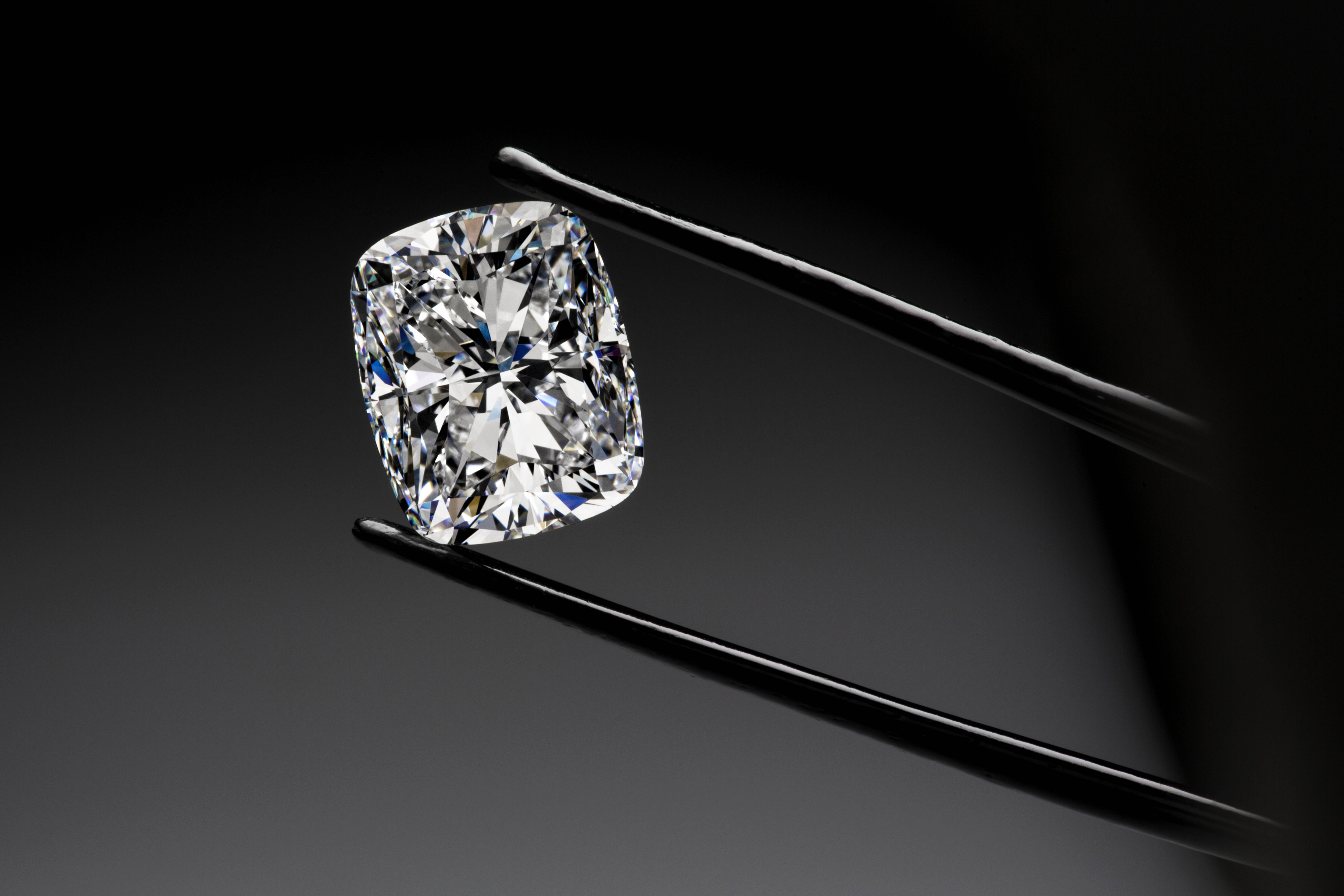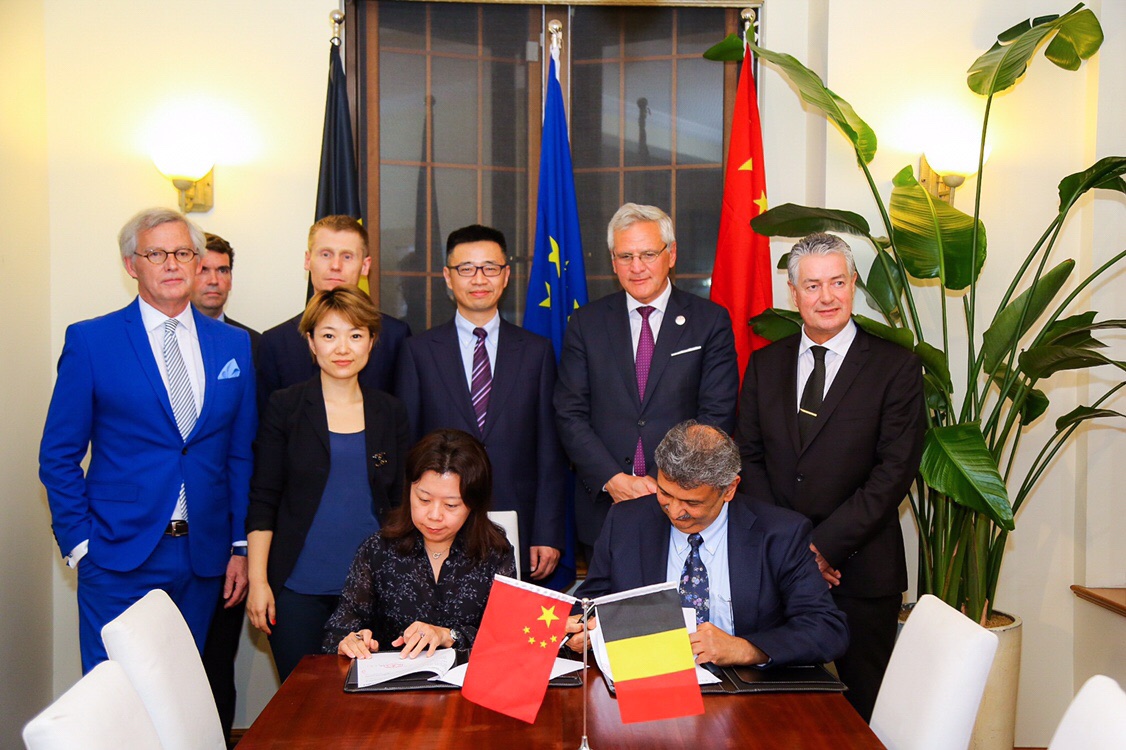
The Antwerp World Diamond Center, a public-private corporation that represents Belgium’s diamond industry, has launched a storefront on Tmall to facilitate the sale of AWDC-certified jewelry to Chinese consumers.
The first brand selling on the Belgian Diamond Pavilion is Shape of Antwerp, which is a partnership between AWDC and Tmall’s owner, Alibaba Group. The Shape of Antwerp collection was designed specifically for the China market and will be sold exclusively on the new pavilion.
“Thanks to the Shape of Antwerp collection, Chinese consumers may enjoy brilliant Antwerp diamonds set in lovely Belgian jewelry designs,” said Ari Epstein, CEO of AWDC. “We are looking forward to the reaction from the Chinese public.”

Eighty-four percent of all of the world’s rough diamonds pass through Antwerp for cutting and polishing before they are sold to retailers for resale to consumers, while 50% of all cut diamonds are traded there, making the city the diamond capital of the world. China is a major market for those jewels. While the U.S. accounted for 52% of the $82 billion in global diamond sales in 2017, China was number two with 12% – and it’s growing, according to a report from diamond-trading company De Beers Group.
“The growing demand [for] luxury goods in China is generating tremendous opportunities for international brands and businesses. The diamond market is benefiting from this trend too, as sales are on the rise and China represent now the world’s second-largest market in the world for polished diamonds,” said Tmall Fashion and Luxury President Jessica Liu.
As part of the partnership, HRD Antwerp, a leading authority in diamond certification – and owned by AWDC – will grade each stone for its cut, color, clarity and carat weight. HRD Antwerp will also engrave a unique QR code on each diamond, as well as print it on the accompanying certificate and packaging. By scanning the QR code via the Taobao, Tmall or Alipay apps, consumers can follow each step of their diamond’s journey back to Antwerp, checking detailed information that includes quality assessments (including from China’s National Gemstone Testing Center), cutting and polishing records, customs-clearance reports and other parts ofthe logistics process.
“The platform is secured at several levels, enabling customers to shop with peace of mind,” AWDC said in a statement.
The service is powered by QR-code tracking technology created by Alibaba Health, Alibaba’s flagship healthcare arm, as well as blockchain technology developed by Alibaba’s affiliate company, Ant Financial. Diamonds are only the latest product for which Alibaba has launched a traceability service, which now includes categories ranging from agricultural products and imported baby formula to health supplements and spirits.
In August, Alibaba used blockchain technology to prevent food fraud, trailing the supply chain of premium Wuchang rice, grown in China’s northeastern Heilongjiang province, down to the smallest of details, such as what type of seed was used to grow the rice and when it was harvested.




